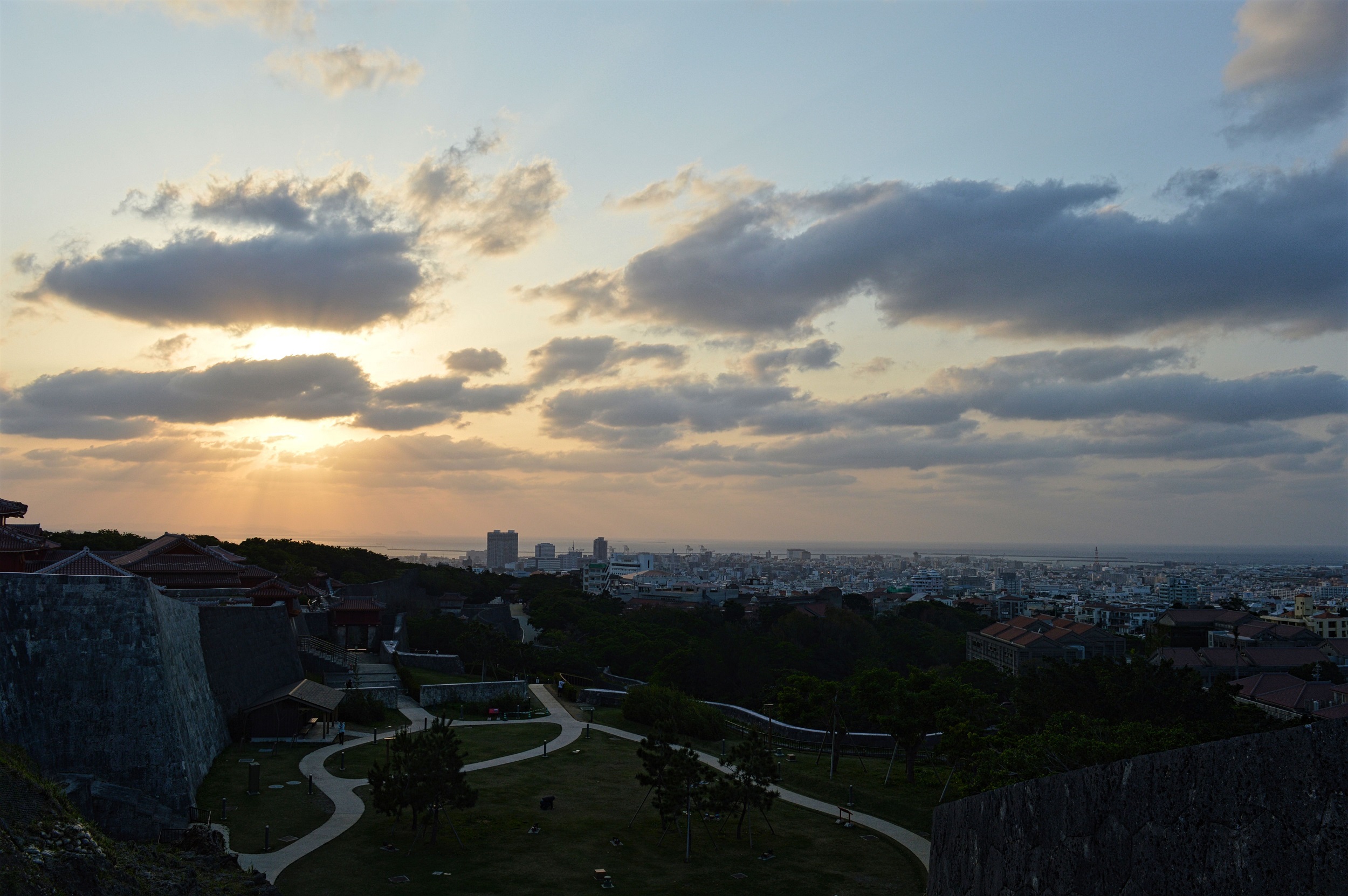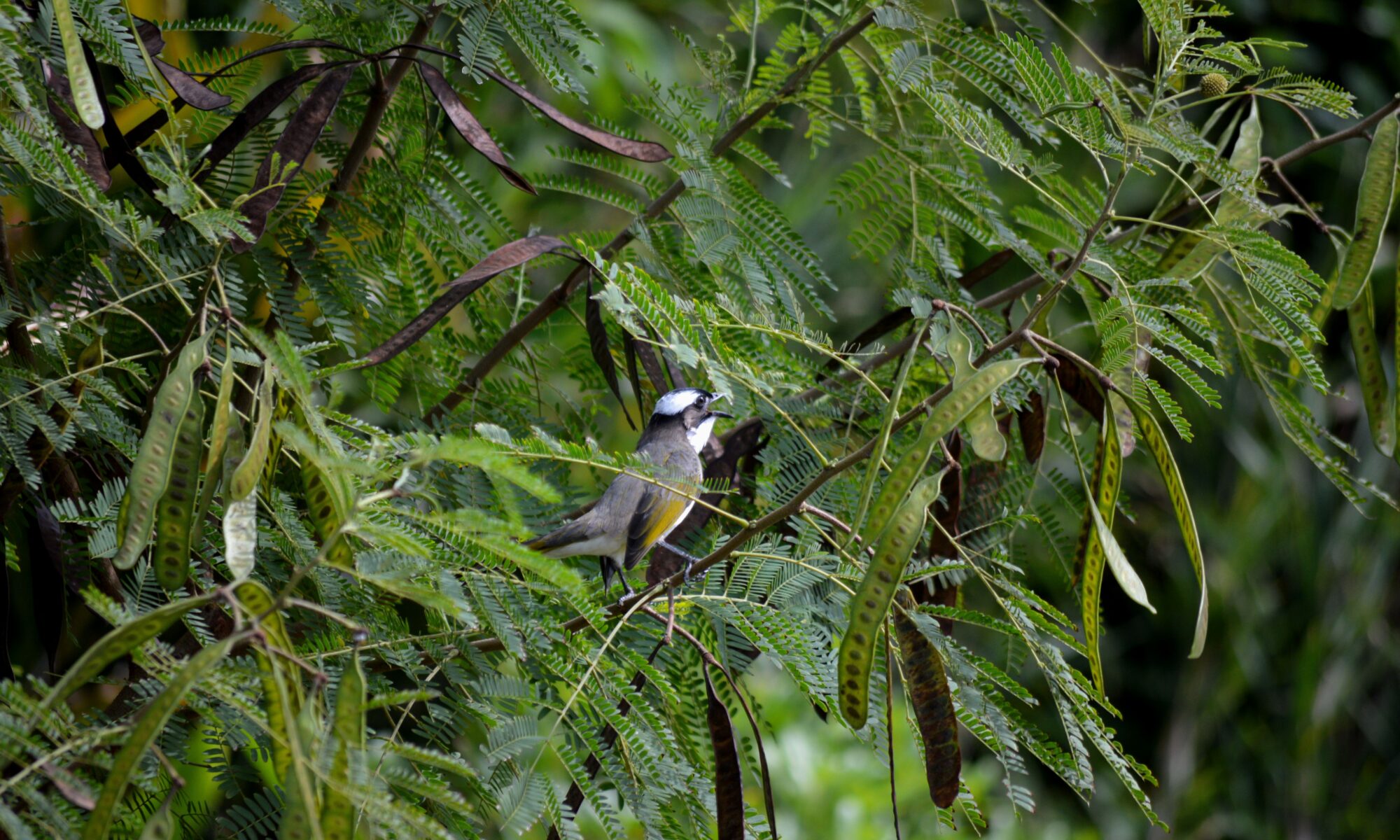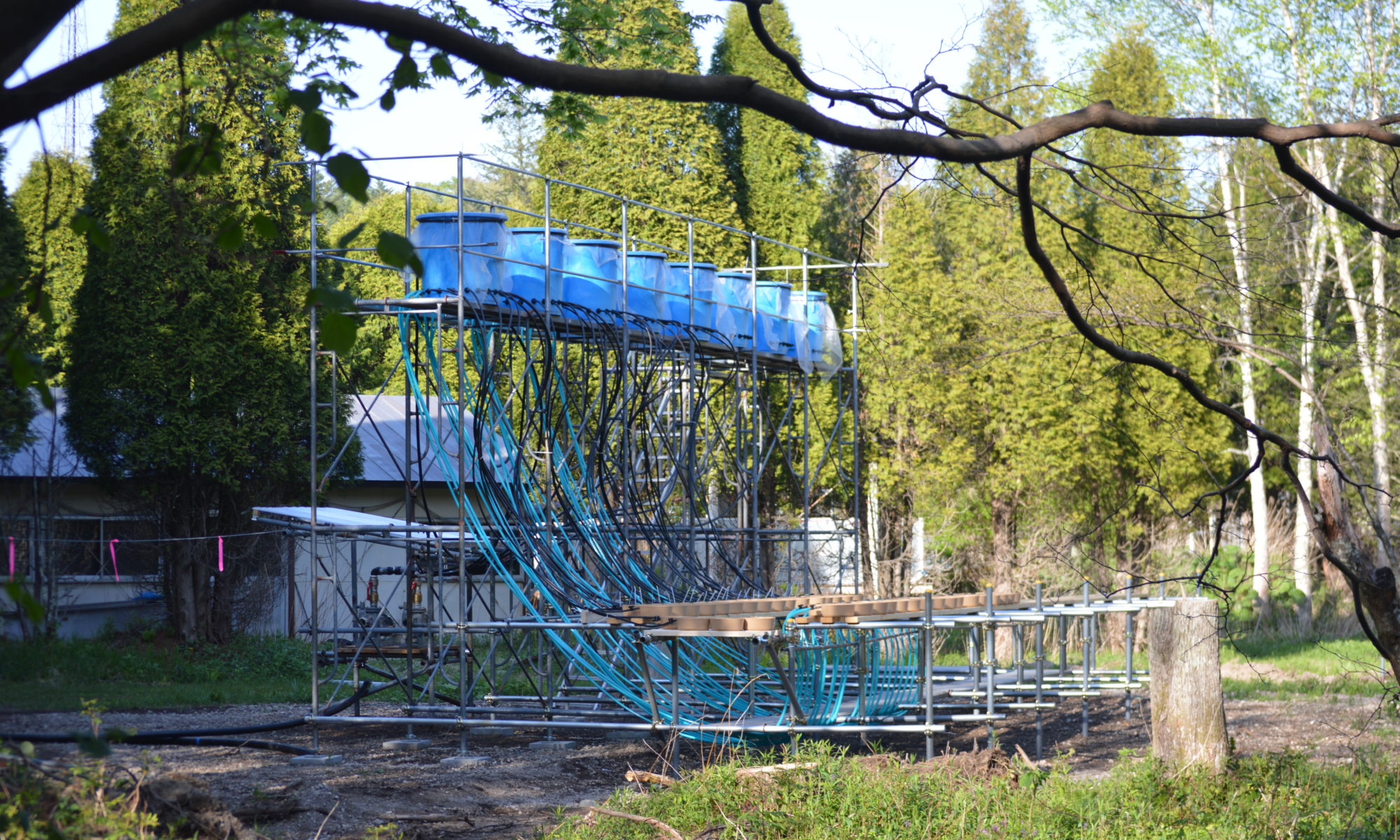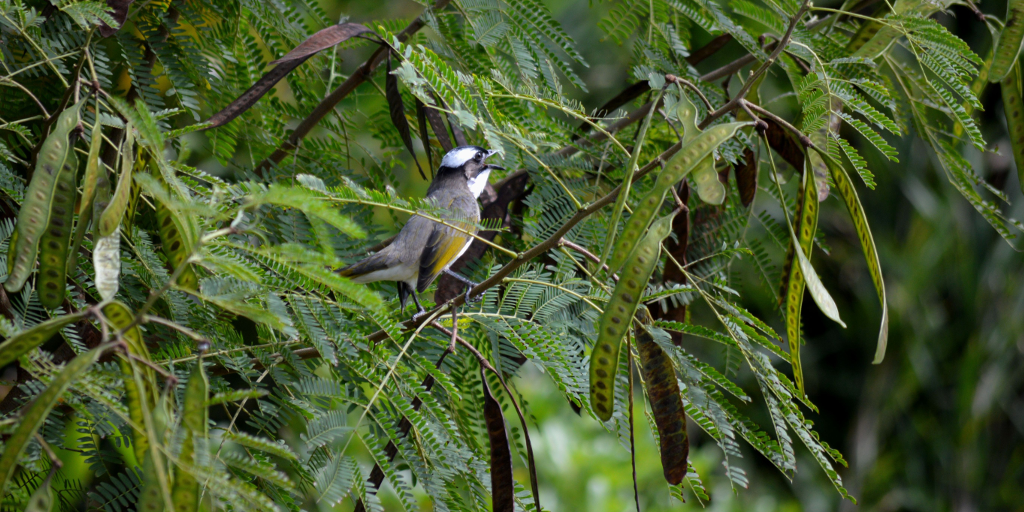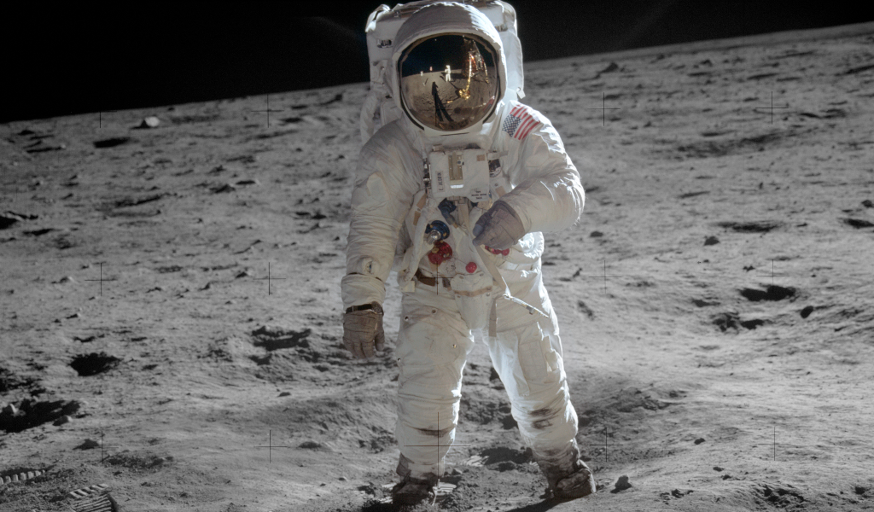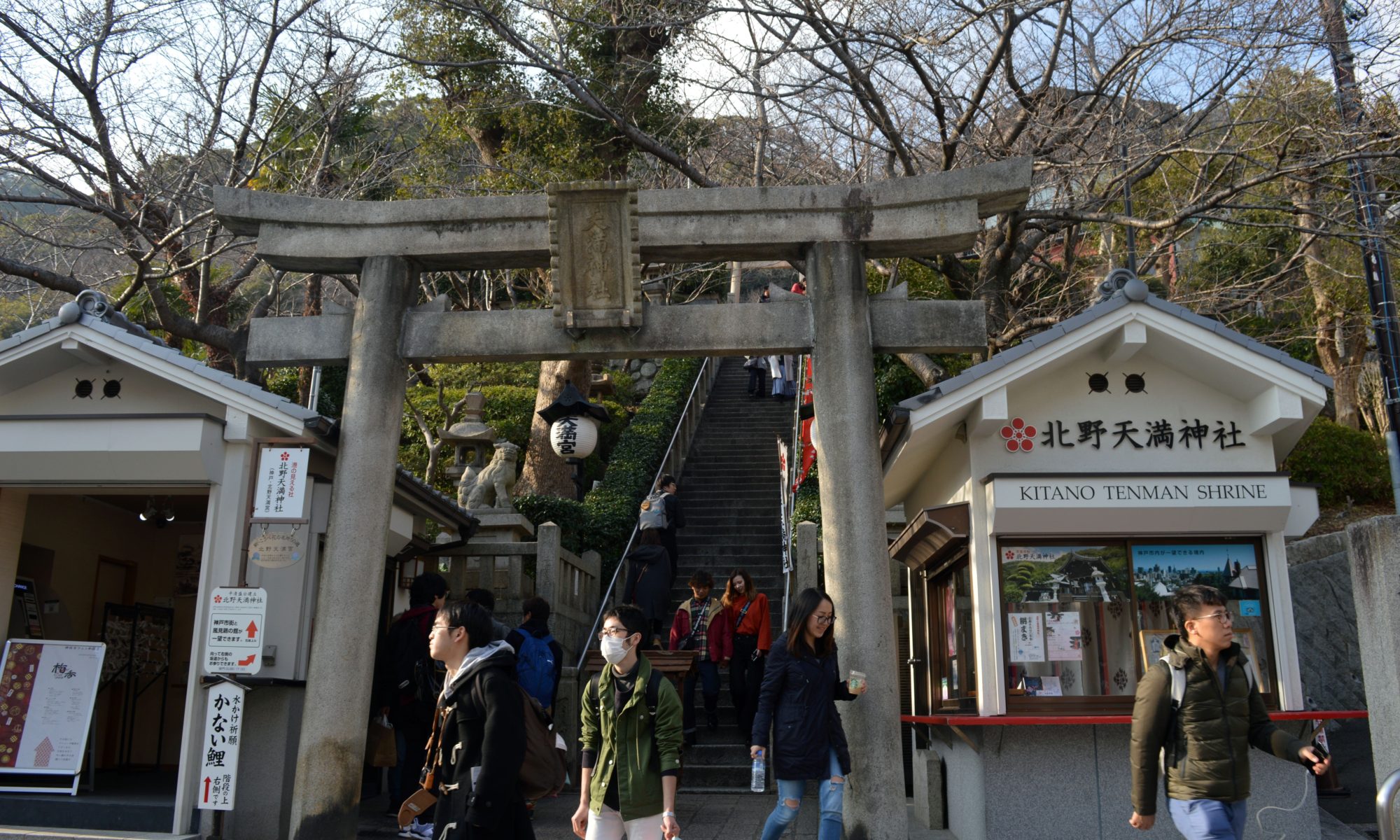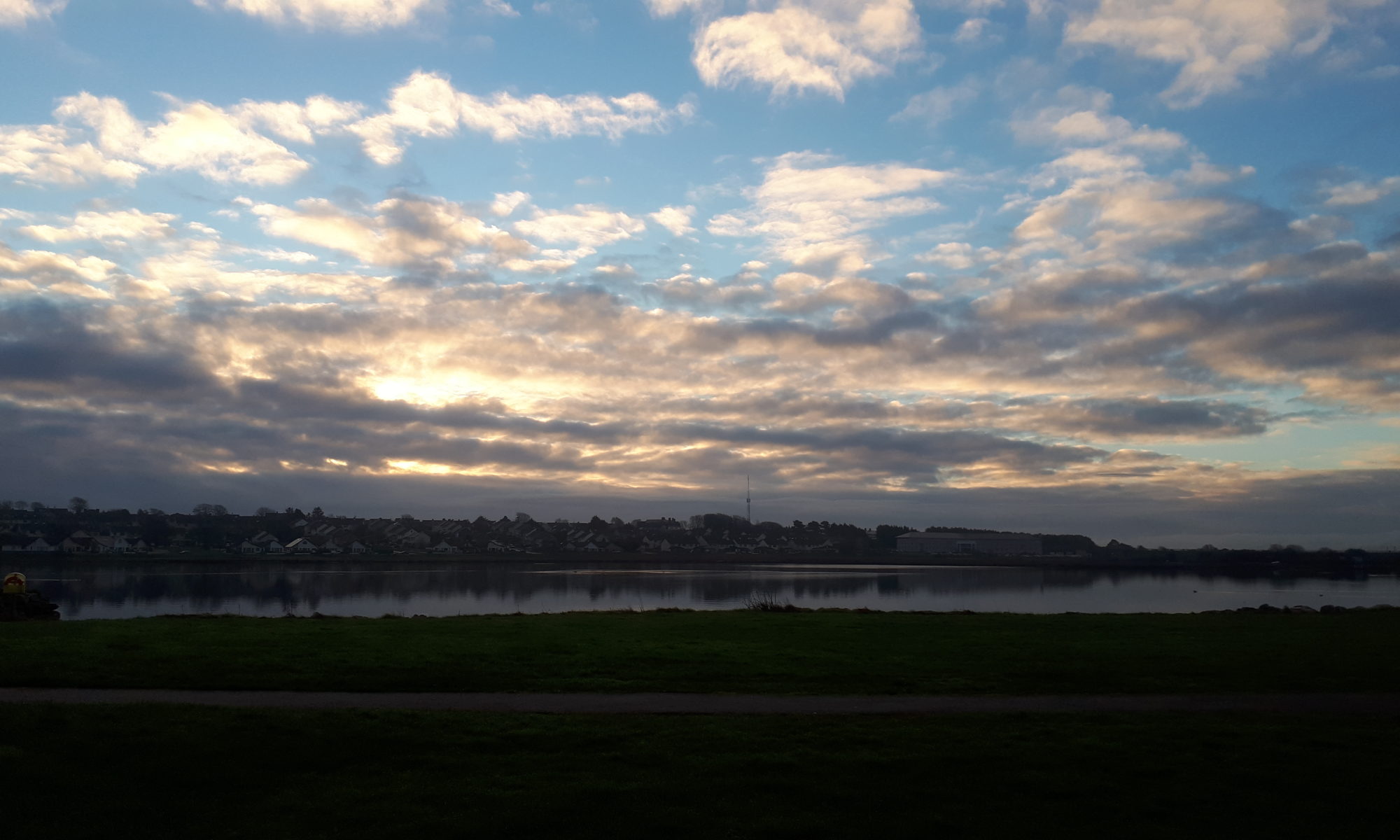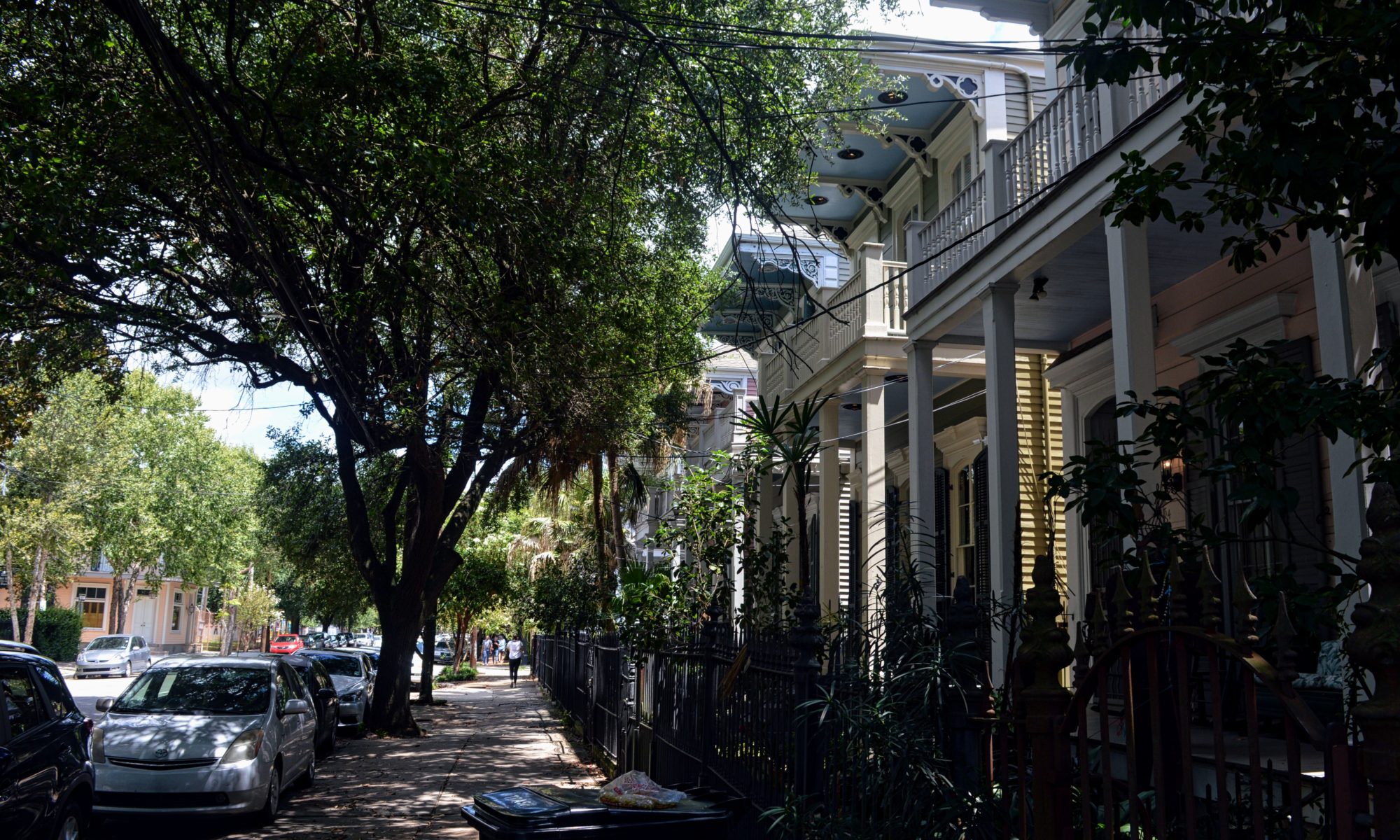We can now use acoustic recording equipment to monitor all the sounds produced in an ecosystem. By recording and listening back to sound in this way, we hope to capture useful information about nature. One way to do this is using ‘acoustic indices’, mathematical summaries of the acoustic information contained in audio recordings. But how reliably do such indices actually reflect the biodiversity many of us are trying to monitor and understand?
Continue reading “Separating signal from noise in acoustic biodiversity surveys”Sustainable redevelopment: visions of a post-lockdown world
Another sunrise brings another day of working from my hotel room. But today there’s a difference; the rain has eased and a smattering of sunshine dances on my balcony. I open my door and am struck by the fresh ocean breeze. It’s that fleeting time of year when Okinawa’s oppressive humidity is kept at bay by rain showers, producing occasional perfect days. I can practically taste the salt of the ocean as I watch the gentle lull of a distant fishing boat. But perhaps most noticeably, my ears prick up at the melodic and almost metallic cha-ko-lee of a pair of light-vented bulbuls (Pycnonotus sinensis) passing by. I watch the birds for a second before my eyes trail slowly back to the sea. Just as they do, I catch a flash of red. It must have been a ruddy kingfisher (Halcyon coromanda) darting from the tree it was perched in. A few minutes later my identification is confirmed as I hear the sweeping, descending call of the individual in question.
Continue reading “Sustainable redevelopment: visions of a post-lockdown world”Pedagogy in Portugal
The sun rose over the Algarve as I stood outside on my hotel balcony, watching it. In January, imagine that! It was a beautiful start to the day and I was ready to dive into work (after a hearty Portuguese breakfast of course). I was in Portugal for a few days for a workshop on field pedagogy. For the uninitiated, that means teaching techniques and the theory behind teaching, but specifically in a fieldwork context.
I have relatively limited experience of fieldwork. I went on a few wonderful field courses at school, college, and then university, but I haven’t really done much teaching of fieldwork. I did help undergraduate students to sample river invertebrates in the river Dodder which we later identified to learn about the process of measuring biodiversity and also of using the invertebrate community to understand water quality. Other than that, I’ve little fieldwork teaching under my belt, so I was ready to learn how things are done.
Continue reading “Pedagogy in Portugal”The seven stages of fieldwork grief
This summer was my first attempt at a field experiment. As a typically desk-bound researcher, fieldwork presented some unique challenges. If you, like me, try out field research for the first time, you may find that your experience aligns quite well with the extended Kübler-Ross model of grief. So, here I present a satirical journey through the seven stages of fieldwork grief:
Stage 1: Shock & Denial
First, you may be shocked that your project was funded in the first place. How did the grant reviewers miss the underdeveloped methodology and glaringly obvious underestimation of how expensive your experiment will be to run? You tell yourself, ‘of course they’ll come to their senses and the funding body will realise what a mistake they’ve made.’ Don’t worry you’ll never have to actually do the research. This denial will likely leave you scrambling to pack a few days (or hours) before your bus/train/flight.
Continue reading “The seven stages of fieldwork grief”Birds in paradise: biogeography in the subtropics
The species-area relationship is considered one of the only ‘rules’ in ecology. We have observed more species on larger ‘islands’ (whether true islands or simply some habitat patch of interest) in studies of different plants and animals all around the world. When MacArthur and Wilson (1967) proposed this pattern and the pioneering biogeographical principles which underpin it, they acknowledged that a piece of the puzzle was missing: species identity.
Continue reading “Birds in paradise: biogeography in the subtropics”Moon Landing Anniversary – Don’t look to the stars when the ground is burning
Space: the final frontier. This year marks the 50th anniversary of the Apollo 11 moon landing mission; the first time we had ever stepped foot on the moon. As Neil Armstrong boldly declared “that’s one small step for man, one giant leap for mankind”, we perhaps reached a new peak of human achievement. A peak that continues to climb upwards, itself shooting for the moon.
I’ve grown up with franchises like Star Wars and Star Trek. Where somehow there’s always a white (human) man getting into trouble with aliens and flying space ships. One thing that’s common in much science fiction is the idea that we can colonise new worlds, terraforming their surfaces to sustain life (as we know it). This idea is pervasive in the years since the moon landing, and continues to be drawn upon even in recent films claimed to be scientifically sound (e.g. Interstellar and The Martian). Whilst this is a romantic idea—of humans gallivanting across the galaxy (hitchhiking even)—I sometimes worry about the price of this dream. Of course, I’m sure the notion has inspired many great minds the world over to learn about space, and perhaps to successfully take us all there one day. But does this idealism come with a cost?
Continue reading “Moon Landing Anniversary – Don’t look to the stars when the ground is burning”ESJ 66: Best in Show
This was my first time in Kobe, famous for its beef and cheesecake. Much of the city was rebuilt in the wake of a devastating earthquake that claimed the lives of more than six thousand people in 1995. The city mascot is Kobear (コーベア), a pun almost as clever as the bear is cute. The conference centre was a vertical maze of meeting rooms and halls, with signs in Japanese and an army of concierges attempting to funnel us towards our venue of choice.
I had met Dr. Maria Dornelas at the entrance hall on day one and introduced her to Yuka Suzuki. I’ve known Yuka for a couple of years at this point, but we had never worked on anything together until this conference. Yuka and I had been chosen to organise a symposium at the Ecological Society of Japan’s 2019 annual meeting (ESJ 66), an honour not often given to such early career researchers. The ESJ meetings do not have plenary speakers, meaning that the few invited speakers that headline organised symposia act as the big draw. So, the pressure was on for us to deliver a symposium that people would find interesting and inspiring.
Read the full post on Sam’s blog, The Infrequent Musings of an Early-Career Ecologist!
Or read his award-winning paper here:
Ross SRP-J, Friedman NR, Dudley KL, Yoshimura M, Yoshida T, Economo EP. (2018). Listening to ecosystems: data rich acoustic monitoring through landscape-scale sensor networks. Ecological Research 33(1), 135-147. DOI: 10.1007/s11284-017-1509-5
Trinity Descends on Galway
My first trip to Galway was eventful. A large delegation from TCD descended on Galway for the Irish Ecological Association’s ecology and evolution conference. Several PhD students, postdocs and professors from Trinity spoke about their research in short talks of either 5 or 10 minutes.
Continue reading “Trinity Descends on Galway”The Death of an Idea
I find it hard to let go.
As scientists, our currency is ideas. We’re judged on the quality of our science through the papers we produce and the ideas we share. No matter your thoughts on the current state of academic publishing, this is the way it is for now. Continue reading “The Death of an Idea”
New Orleans, New Adventure
It’s a hot day in early August in New Orleans, Louisiana. The beads of sweat rolling from everyone’s foreheads are a permanent fixture in this humidity. A group of drummers are joined by some brass players and an impromptu jazz performance begins. This is my first time in the U.S.A. and I really don’t know how I feel; primarily because of the jetlag. I’ve flown to the other side of the world for the largest gathering of ecologists on earth. This is the Ecological Society of America’s 103rd annual meeting (ESA 2018), where researchers from all over the world gather to share their science. Thousands of people walked the halls of the convention centre and I wondered if I’d ever see anyone I knew.
I came to ESA 2018 with five goals:
- Share preliminary results of my research.
- Meet some potential collaborators.
- Soak up some awesome science.
- Practice talking to a ‘big name’.
- Have fun!
Here’s how it went down… Continue reading “New Orleans, New Adventure”

